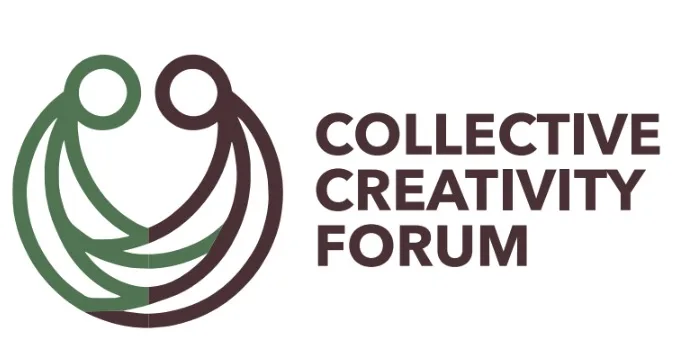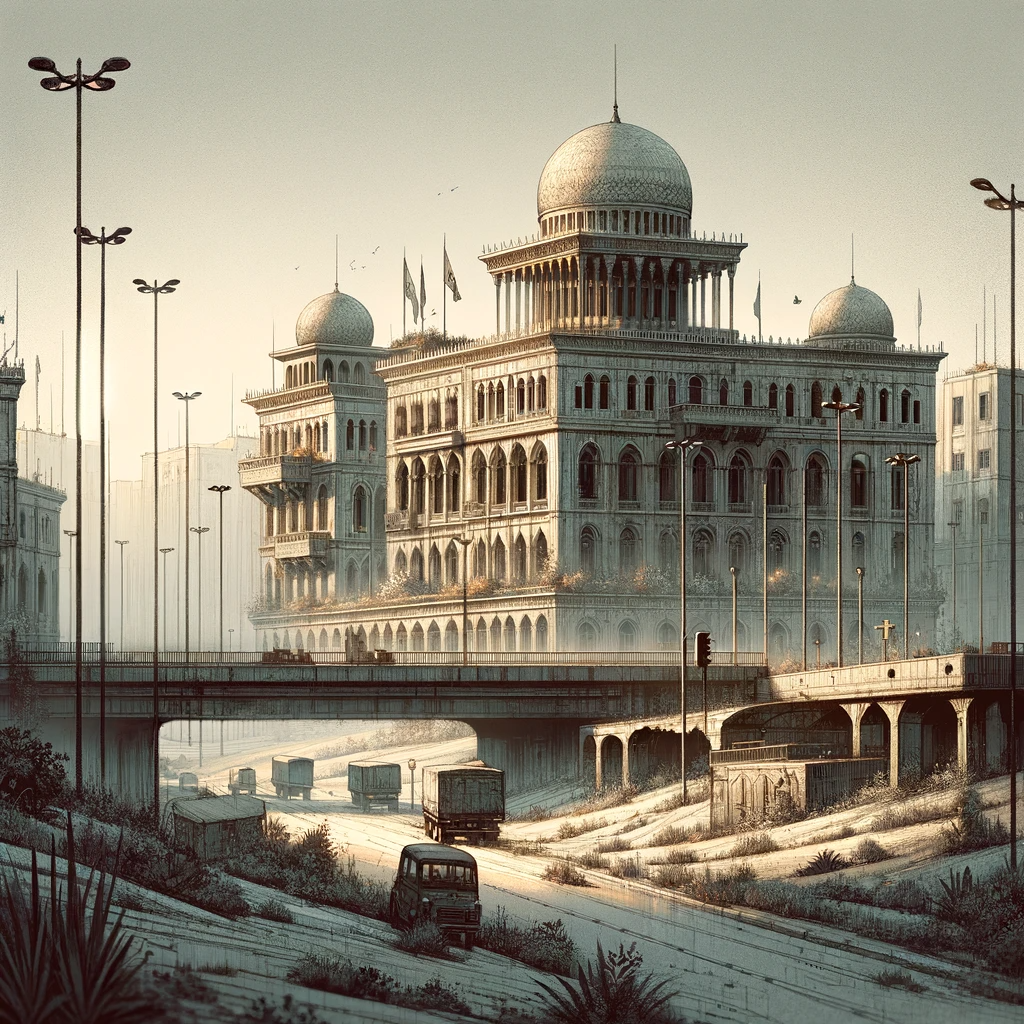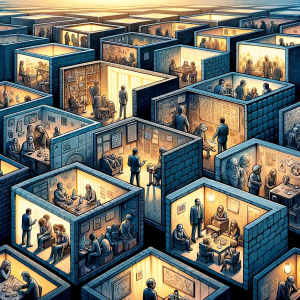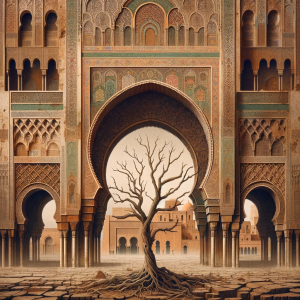The “sea is constantly dumping dozens of bodies.”1
“I have lost four children. We can only lay our burdens at God’s feet.”2
As the people of Marrakech and the High Atlas Mountains of Morocco grapple with the demolition of their homes and the burying of people under avalanches of rubble, the residents of Derna, Libya must tally up a staggering death toll so high that bodies are being buried in mass graves to avoid the spread of disease.
At first glance, one might think these two disasters are situational and merely a consequence of natural disaster: an inevitable earthquake in Morocco and a storm-turned-flood in Libya that were both bound to take thousands of lives in the process. But when one examines the situation more thoroughly, the reality is much more sinister and heartbreaking. Because, in a multitude of ways, the countries in which these events occurred brought on the demise of their own people by neglecting and failing to meet necessary infrastructural and safety requirements. If these states perhaps met the most basic needs of the communities in which these tragedies took place, there would be no flood to begin with in Derna and the number of casualties in Marrakech would have been reduced significantly.
It may seem unfair to shift the blame of an environment-based event onto the nation-state system broadly. The facts, however, tell us otherwise. When Storm Daniel, which began in the Mediterranean, made its way to the eastern port city of Derna, it caused two dams to burst – dams which were relatively too small already and had not been maintained since 2002. To make matters worse, the city which hosts approximately 100,000 people did not even have a single functioning hospital; the closest thing to a medical facility is a make-shift clinic working out of a rented villa with 5 bedrooms.
Meanwhile in the High Atlas region of Morocco, there are only modest roads, rocky trails, and old buildings with no regulation for disaster resilience. None of these conditions were conducive to prepare for the earthquake that took place, and the isolation of the region from the rest of Marrakech left the village essentially alone in the face of disaster. Bare-handed, the survivors had no choice but to dig out the dead and injured from the rubble themselves.
These two tragedies are now the poster-children for the consequences of putting faith into a system that ultimately does not protect (nor does it owe protection to) the majority of the population. Even if these events could not have been completely prevented, the degree of human suffering which took place certainly could have been minimized – these countries just pointedly chose not to take any simple preemptive measures. We are told that the basic social contract between a country and its people is that in exchange for their unwavering loyalty, the state will meet the basic needs required for the survival of its population. In this case, that means making sure basic infrastructure like dams, roads, hospitals, and buildings are safe and regulated.
However, these catastrophic events along with a plethora of others (such as rolling blackouts in Egypt and the train derailment tragedy in Pakistan) show otherwise. What they tell us is that states are allowed to shirk their most basic responsibilities without the risk of losing anything simply because of their status as a state. As long as they are able to maintain general control over their population and borders, they will continue to be upheld by the international system at-large due to their status as a state (regardless of the government type or leader). These string of tragedies throughout the Muslim world indicate that what’s happening here isn’t situational or a one-off – it is endemic and implicit in the social fabric of the state system.



